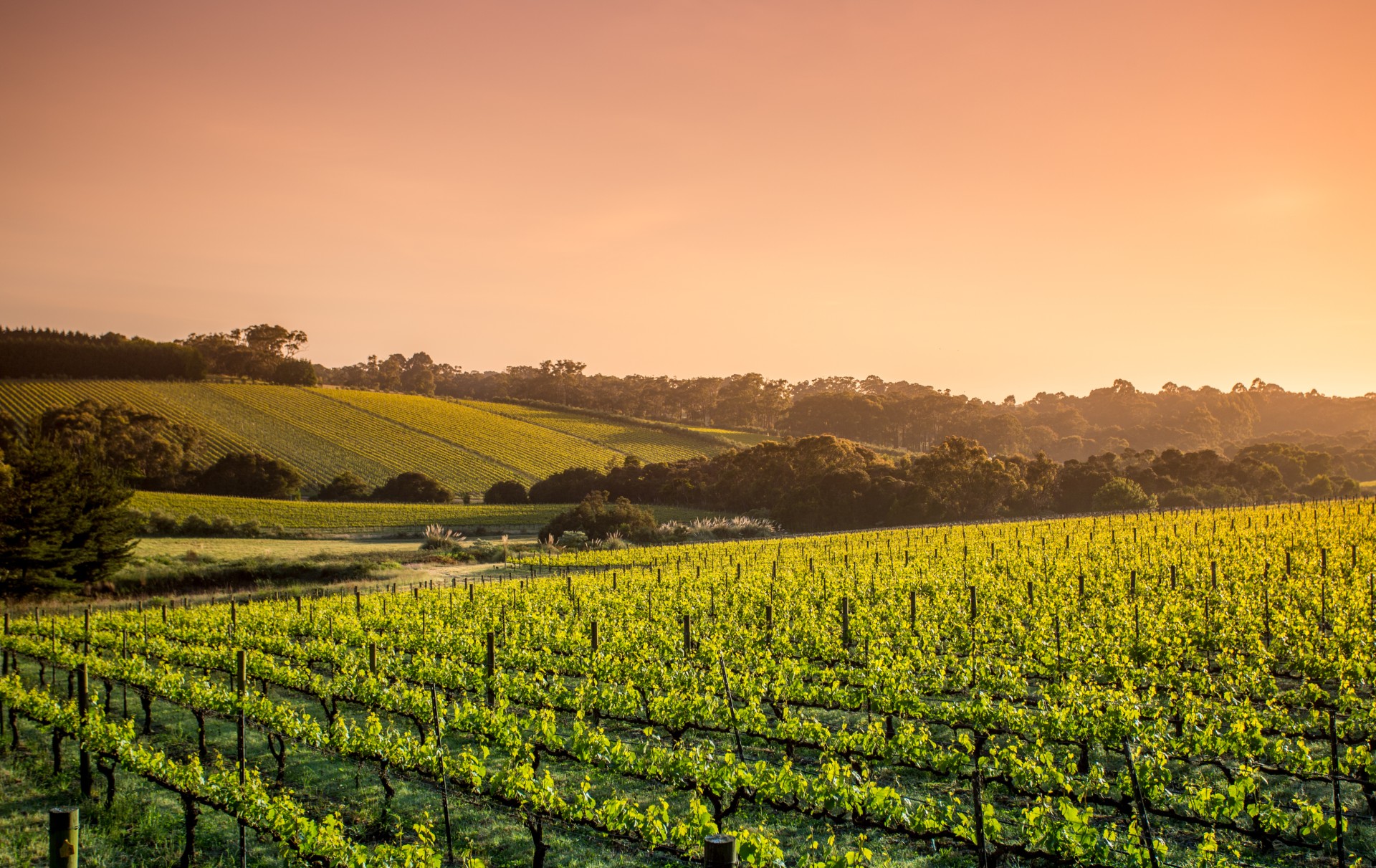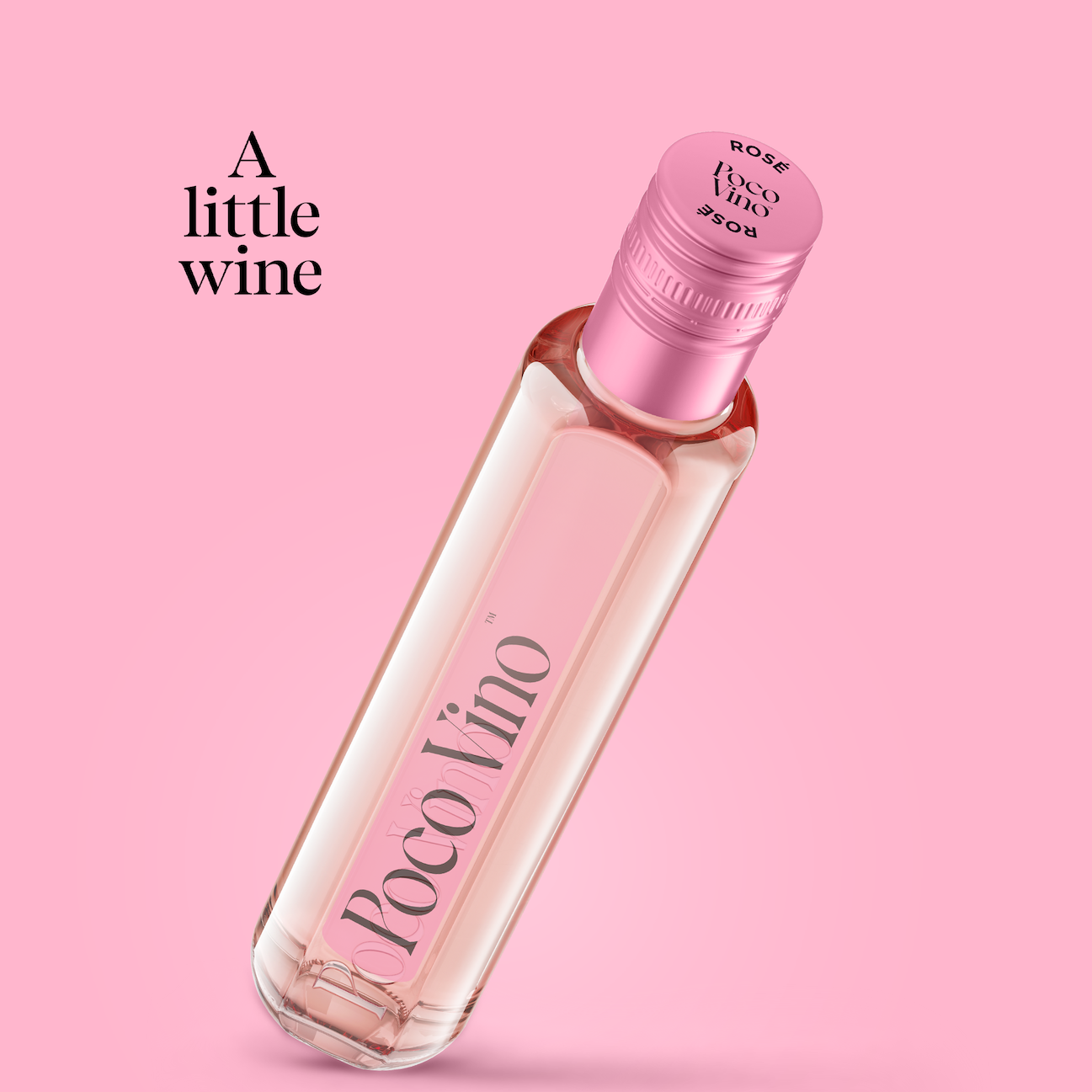One in four UK adults willing to pay more for sustainable packaging
A quarter of UK adults would shell out for more eco-friendly packaging, according to new research, but consumers should continue to “seek out wines in alternative packaging wherever possible”, according to industry campaigner.

New research by luxury global packaging provider Delta Global found that consumers are making more conscious choices in and around the home, as well as when it comes to purchases and buying decisions.
In the last 12 months, approximately three in four consumers have recycled or composted waste whilst 64% of consumers have limited just how much single-use plastic they use.
The risk, according to Robert Lockyer, founder and chief client officer of Delta Global, is not that companies will lose out on customers, but rather that “they are simply de-valuing their brand” by using non-recyclable products.
Lockyer added: “Data such as this is proof that consumers’ needs and wants are changing, and it’s down to brands and businesses to ensure that these are being met.”
Almost a quarter of UK adults would pay more for sustainable packaging and products, which Lockyer predicts will only increase over the course of the next 12 months.
Partner Content
Oliver Lea, managing director of bag-in-box brand The BIB Wine Company and founding member of the Wine Traders for Alternative Packaging (WTAF) alliance, warned that it is not just single-use plastics which consumers should be wary of.
Lea told db that “whilst it’s great to see that sustainability plays a large part in consumer purchasing decisions, the consumer doesn’t always have the right information to hand”.
WTAF campaigns against single-use glass bottles in the wine industry, and aims to raise awareness of the positives of alternative packaging solutions.
Proponents of glass bottles argue that as an inert material, glass is the optimal material to house wine. Research conducted by Wine Intelligence and commissioned last year by Vinexposium found that glass bottles were considered by consumers to be the most sustainable form of wine packaging.
But Lea warned that information about the downsides of single-use glass were often “obfuscated intentionally” by the industry.
He urged consumers to “seek out wines in alternative packaging wherever possible”.
Related news
Alcohol-free Prosecco drives success for sparkling wine giant




